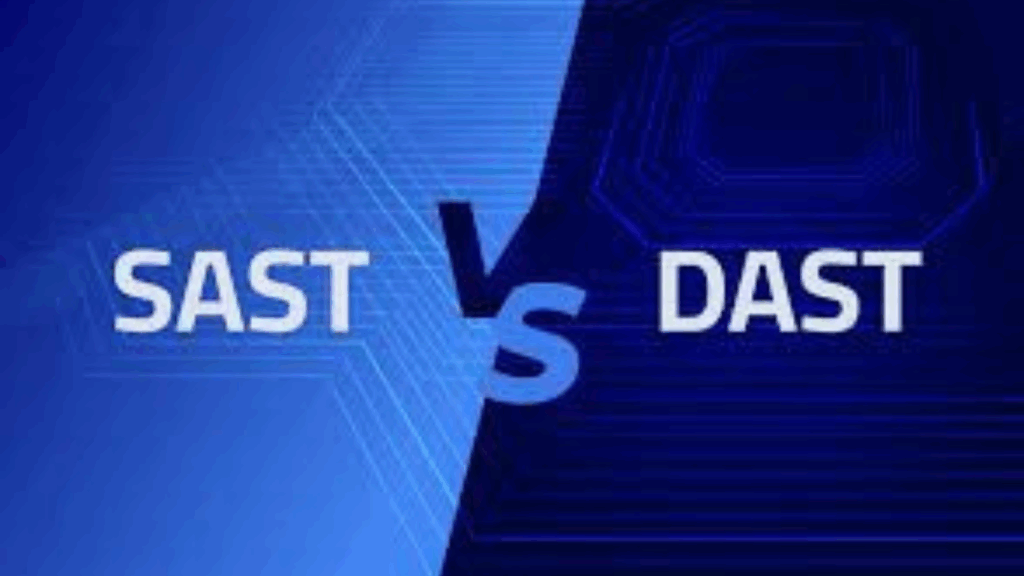Java today is regarded as one of the most popular programming languages. It has a wide range of uses including complete applications, applets, and web pages. The versatility, compatibility, and scalability of Java make it a go-to language for most programmers.
But the question many programmers ask is if Java can be used for game development and if so if it is the best choice compared to other programming languages. These are the main reasons why Java is used as a programming language.
1. Java runs on Virtual Machine
Java runs on a virtual machine regarded as the Java Virtual Machine (JVM). This ensures that the game can run on various hardware platforms. The Java Virtual Machine acts as a compiler for generating machine code. It allows the game code produced on one system to run on any other Java-enabled system without any alterations. A technical definition for the Java Virtual Machine is that the JVM is the specification for a software program (in this case, a gaming program) that executes code and delivers the runtime environment for that code.
Class files having the same names are produced by the Java compiler as part of the compilation process for a .java file. The .class file generated performs a series of tasks when executed.
The Java Virtual Machine can also be used to optimize and manage program memory. This is useful in game development as the code file takes a lot of memory. As a game developer using Java, the most familiar interaction with a running JVM is to check the memory usage in the heap and stack, while the most common adjustment is tuning the JVM’s memory settings.
When using Java to develop games, it is important to know the three aspects of the Java Virtual Machine. They are the JVM specifications, the JVM implementation, and the JVM instance. All these categories are properly explained when you register for good Java Online training.
The JVM specification gives prominence to the fact that its implementation details are not defined within the specification, in order to make room for maximum creativity. All the JVM has to do is to run the Java game code correctly. The JVM implementation is basically implementing the JVM specifications outcomes in an actual gaming software program. Finally, the JVM instance works after the JVM specifications have been implemented and released as a gaming software product. It is the downloaded gaming program that has been run and tested.
2. Java supports Multi-Threading
Multithreading allows you to get the best performance out of your CPU while at the same time using less memory. It enables two or more parts of your program to run simultaneously without interference. If you are working on a computer, multithreading runs multiple applications and gives processing power to them. Most gaming software requires multithreading and Java greatly supports multithreading applications.
Java development supports Multithreading by the use of a Thread class called Java Thread. As a gaming developer, Java Thread allows you to create a lightweight process that performs some tasks. This means that with Java, you can create multiple threads in your gaming program and start them. The Java runtime will perform the task of creating machine-level instructions and work with the OS to execute them in a parallel format. You can create threads in Java either by extending the Thread class or by implementing the Runnable interface.
For game development, multithreading in Java also provides you with two major advantages. The first one is that you save a lot of time because it allows you to perform multiple operations together. The second one is that the threads are independent. This means that no matter the number of threads, it will not block your ability to perform multiple operations simultaneously. Also, an exception in one of the threads does not affect the remaining threads.
If you want to use Java as your programming language for game development, then you understand Multithreading in Java. You can learn Multithreading in most Java full stack developer course available.
3. Java supports Socket Programming
Sockets in programming act as a communication link between two different processes. In Java, socket programming is used for communication between the applications running on different Java Runtime environments. It can either be with no connection or be connection-oriented. Generally speaking, a socket is a way to create a connection between a server and a client.
Socket Programming connects two nodes on a network for the purpose of communicating with each other. One of the sockets (called a node) listens on a particular port at an Internet Protocol (IP), while the other socket extends itself in order to form a connection. A socket in Java is bound to a port number so that the TCP layer can recognize the application that the data is meant to be sent.
As a game developer using Java, Socket programming is very valuable in designing multiplayer games.
Java is used for game development due to several features and advantages that make it suitable for creating games, especially for mobile platforms and certain desktop applications. Here’s why:
Features Of Java :
1. Platform Independence
- Java’s Write Once, Run Anywhere (WORA) capability allows developers to create games that can run on various platforms without significant modification. This is achieved through the Java Virtual Machine (JVM), making it ideal for cross-platform game development.
2. Rich Libraries and Frameworks
- Java provides a variety of libraries and frameworks tailored for game development, such as:
- LibGDX: A popular cross-platform framework for creating 2D and 3D games.
- JavaFX: Useful for creating GUI-based games.
- jMonkeyEngine: A 3D game development engine for more advanced games.
- These tools simplify complex tasks like rendering graphics, handling physics, and managing input.
3. Ease of Learning and Use
- Java’s relatively simple syntax and strong object-oriented features make it accessible for new game developers. Its modular approach allows for better game structure and maintainability.
4. Mobile Game Development
- Java is the primary language for Android development, making it a go-to choice for creating mobile games. The Android SDK (Software Development Kit) is heavily based on Java, which ensures smooth development and deployment on Android devices.
5. Strong Community and Support
- A vast developer community and extensive documentation ensure that game developers can find resources, tutorials, and support when needed.
6. Robust Performance
- While not as fast as C++ in raw performance, Java offers sufficient speed for most 2D games and many 3D games. JVM optimizations and Just-In-Time (JIT) compilation significantly enhance performance.
7. Memory Management
- Java’s automatic garbage collection reduces the risk of memory leaks, a common issue in game development, allowing developers to focus more on gameplay mechanics and less on memory management.
8. Multithreading
- Java’s built-in multithreading capabilities allow games to handle multiple tasks simultaneously, such as rendering graphics, processing player input, and managing AI, enhancing the gaming experience.
9. Integration with Backend
- Many modern games require online connectivity for multiplayer or leaderboard functionalities. Java’s strong server-side capabilities make it easy to integrate games with backend systems.
Conclusion
Java has established itself as a reliable and versatile choice for game development due to its platform independence, robust performance, and extensive library support. The ability to write code once and run it anywhere makes Java ideal for creating games that can reach a broad audience across multiple devices. Its powerful object-oriented features, garbage collection, and efficient memory management contribute to smoother performance and scalability, even for complex game development mechanics. Additionally, frameworks like LibGDX and jMonkeyEngine provide developers with the tools to create engaging 2D and 3D games efficiently. For developers seeking flexibility, ease of debugging, and cross-platform capabilities, Java remains a solid and popular option in the game development industry.

































